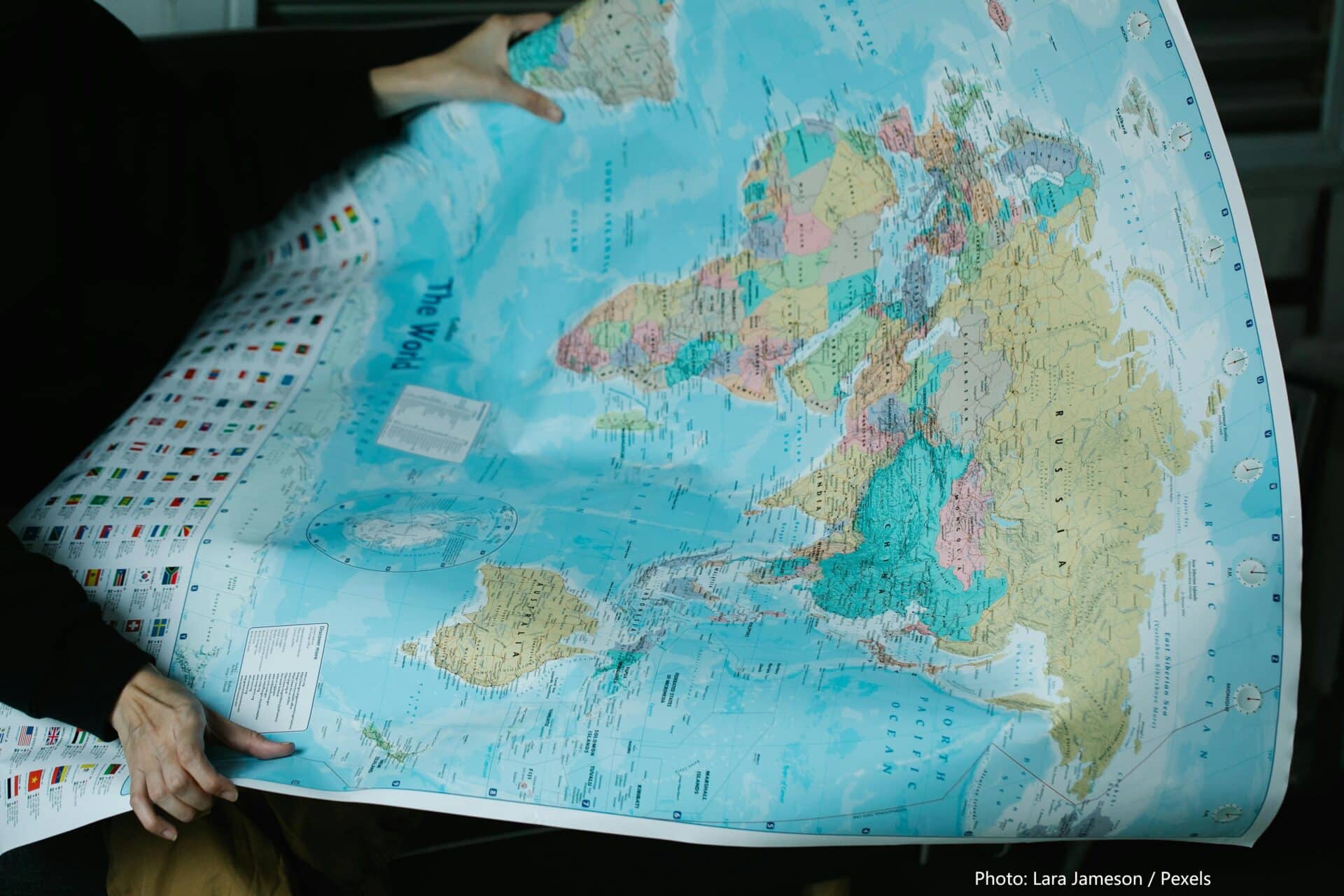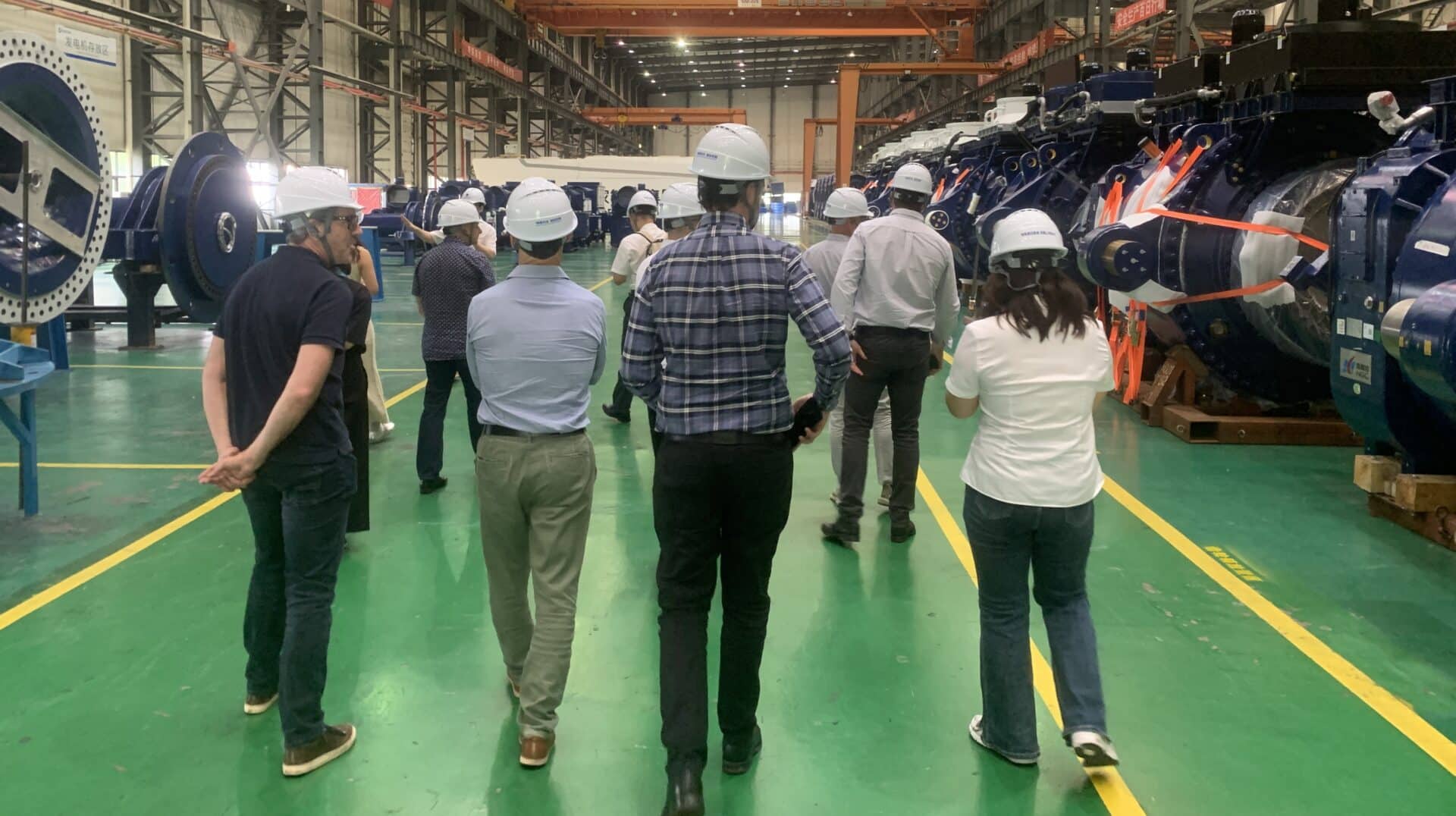New Zealand’s China supply chains – mutually beneficial, with room for expansion
On 8 August 2024 the New Zealand China Council again partnered with our colleagues at the China Development Institute (CDI) in Shenzhen, to co-host an online dialogue – our third in as many years, after exchanges on “New Zealand – China Green Ports Initiative” and “Climate Change and Sustainable Development”.
This year’s focus was on New Zealand – China supply chains, in particular supply of Chinese goods to New Zealand.
New Zealand will never be a large market for China. But it still has potential to serve as a ‘Petrie dish’ testing ground for Chinese exporters, capitalising on our relatively high-spending, sophisticated and open-minded consumer demographic. And China continues to offer products that New Zealand needs – not just the high-quality and low-cost household items, appliances and industrial equipment that have dominated our China imports for decades, but also emerging areas of specialisation like electric vehicles and solar and wind technologies.
Our dialogue contained three sessions, focused on:
- China’s significance as New Zealand’s largest source of imports: new NZ China Council research;
- Green tech and renewable energy supply chains
- The Southern Link [i.e. New Zealand as a hub between China/Asia and Latin America] and how it can benefit NZ, China and Latin America.
Our expert speakers on the New Zealand side comprised Andrew Schoultz (Sense Partners), John Cochrane (Facteon / NZ China Trade Association), Hayden Mackenzie (NZ Trade & Enterprise), Giacomo Caleffi (Taranaki Offshore Partnership), Stephen Jacobi (NZ International Business Forum) and Giuliana Silveira (Latin America NZ Business Council), with session moderation by Council Executive Director Alistair Crozier and Assistant Director Summer Xia. On the CDI side we welcomed speakers from the Chinese Academy of International Trade and Economic Cooperation, the Chinese Academy of Social Sciences, China Southern Airlines, Trina Solar and CDI itself.
Here are some of our own observations from a very topical and varied exchange of views across the afternoon:
- New Zealand has its own import relationship with China. We do not have local sectors like auto-manufacturing to protect, and we are not heavily reliant on strategic Chinese exports like rare earth elements. We champion free trade and maintain zero tariffs on Chinese goods. It’s our relationship, to manage according to our own national interests.
- We don’t just import for end-consumption. Facteon’s high-end automated manufacturing assembly business in New Zealand is a great example of how New Zealand uses advanced Chinese technology in our own products, for export to the world. We should always be open to identifying and partnering with Chinese technology exporters in other areas.
- There is still potential for businesses in different sectors from New Zealand and China to further utilise existing FTA and explore new sectors to further diversify and develop the FTA.
- New Zealand could do more to form partnerships with Chinese suppliers to source high-quality, cost-effective solar and wind equipment and technologies – we talk about the potential, but need to ‘walk the talk’. New Zealand wind energy projects, in particular, could benefit from collaboration with China’s global turbine exporters. A New Zealand ‘ecosystem’ familiarisation and match-making visit to China in the near future could be one way to advance such cooperation.
- Barriers for Chinese green tech suppliers to enter New Zealand included shortage of qualified installers for advanced products, and ground transport logistics to project sites.
- New Zealand’s world-renowned geothermal energy expertise could be helpful to China, when the time comes to exploit that renewable resource.
- If all sides are serious about developing New Zealand as a Southern Link hub connecting China/Asia with Latin America , we need to develop policies and facilities that are attractive enough to compete with rivals in Dubai, Europe and North America. Currently we lack the edge. Customs regulations, passenger transit experience and transit visa requirements were recommended as areas that should be overhauled if we are to advance our Southern Link bid.
We thank the China Development Institute, including their excellent interpreters, and speakers from both sides, for an informative exchange that will lead to concrete follow-up actions to advance identified priorities.












 MENU
MENU
